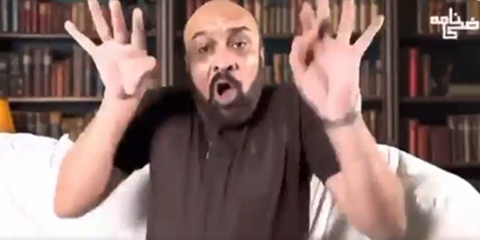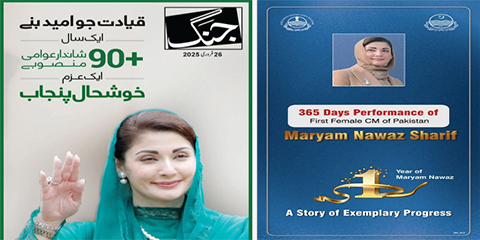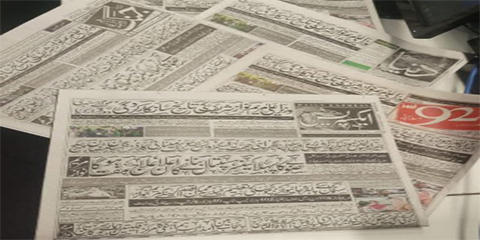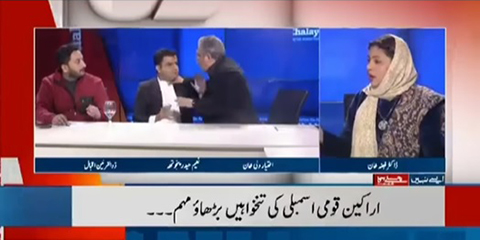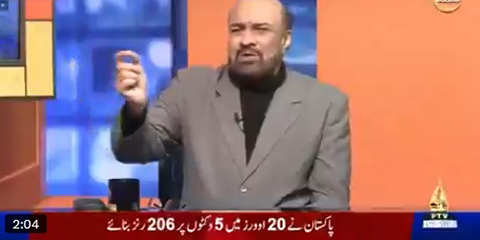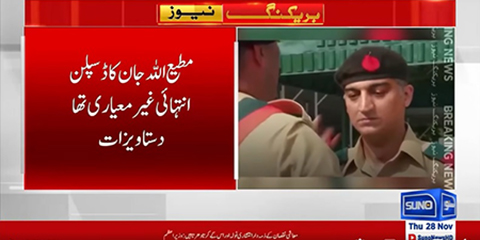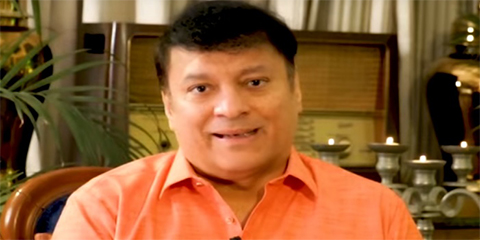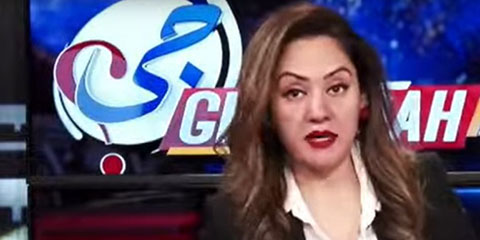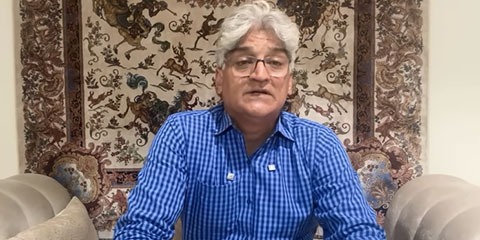Sipping tea, watching lies: The reality of Pakistani media
JournalismPakistan.com | Published last year | JP Staff Report
Join our WhatsApp channel
ISLAMABAD—A recent viral video on social media reveals a disconcerting reality about Pakistani media—a reality where fake news not only circulates unchecked but also becomes a form of entertainment.
The video in question shows a Samaa TV broadcast announcing the arrest of former Inspector General of Jails, Shahid Saleem, by unspecified "sensitive departments", although other channels also aired the news. The newscaster confidently informs viewers that Saleem had served during the Pakistan Tehreek-e-Insaf (PTI) government and retired before the imprisonment of PTI founder Imran Khan. The report also claims that other jail officials were detained and are under investigation.
However, the reality is quite different. The video soon shifts focus to a man casually sipping tea while standing in front of the TV. The camera then reveals that this man is none other than Shahid Saleem himself, the very person the channel claims has been arrested. With a sardonic smile, he remarks, "Sitting at home and listening to fake news about your own self, while sipping tea...this is called yellow journalism. This is Pakistani media, and this is the truthfulness of news. Listen to fake news and enjoy tea."
This incident is more than just an embarrassing mistake; it is a glaring example of the pervasive issue of fake news in Pakistani media. The term "yellow journalism" is often used to describe sensationalized and irresponsible reporting, and this clip captures the essence of the problem. When a news channel fails to verify basic facts before airing such a story, it raises serious questions about the journalistic standards and editorial processes in place.
The ease with which such misinformation can spread is alarming. In a digital age where clips go viral within minutes, the potential damage to reputations and the erosion of public trust in the media is immense. What is perhaps most concerning is the apparent indifference to accuracy, as if the thrill of breaking news outweighs the responsibility of reporting the truth.
The credibility of the media is at stake, and with it, the public's trust. This incident should serve as a wake-up call, not just for Samaa TV, but for the entire industry. The cost of fake news is too high to ignore.



